Dhaka, Nov 20 (V7N) – The death sentence of former Prime Minister Sheikh Hasina and her political ally Asaduzzaman Khan Kamal has intensified political tensions in Bangladesh, drawing both domestic responses and international scrutiny over human rights and the conduct of ongoing trials.
The Awami League, now in exile, is reportedly using the death sentences, other punishments, and alleged political repression as a tool to generate sympathy and consolidate support among its grassroots followers. Reports indicate that party leaders have instructed members to preserve video evidence of attacks on their homes in Dhaka’s Dhanmondi 32, 23 Bangabandhu Avenue, and other areas, believing such documentation will foster sympathy for the party. Preparations are also reportedly underway for a third tribunal following the ongoing second tribunal, echoing previous trials related to atrocities committed during the 1971 Liberation War.
Analysts note that these measures are aimed at ensuring that if political power changes hands, evidence and processes are in place for trials regarding human rights violations committed after August 5, 2024. Supporters of the party expect further convictions of Sheikh Hasina and other leaders in future proceedings. In a recent statement, Hasina denied allegations of U.S. involvement behind the August 5 revolution, reflecting a careful diplomatic and political approach intended to restore relations with Western countries.
The original tribunal to prosecute crimes against humanity was established in March 2010 under the then Awami League government. Analysts suggest that the recent rulings, which include Sheikh Hasina’s conviction, are setting a new precedent in Bangladesh’s political and judicial landscape. Following the verdict, the Indian Ministry of External Affairs issued a statement acknowledging awareness of the trial outcomes and reaffirming India’s commitment to peace, democracy, inclusion, and stability in Bangladesh. The statement emphasized constructive engagement with all stakeholders to ensure the welfare of the Bangladeshi people.
The International Crisis Group (ICG) has closely monitored the situation, with senior Bangladesh consultant Thomas Kean commenting that Sheikh Hasina’s conviction has been widely welcomed domestically, signaling the gradual realization of the revolutionary objectives of July–August 2024 and the decline of anti-state forces. The ICG also noted that the verdict has far-reaching political implications and that the likelihood of Sheikh Hasina returning to active politics in Bangladesh is now minimal.
Human rights organizations, including Amnesty International and Human Rights Watch, have expressed concern over the fairness of the trials and the imposition of death sentences. The United Nations High Commissioner for Human Rights (OHCHR) condemned the verdict while recognizing its significance for victims of human rights violations during the previous mass uprising. UN spokesperson Ravina Shamdasani highlighted both the human rights concerns and the importance of justice for victims. UN High Commissioner Volker Turk also called for a coordinated process in Bangladesh that would ensure truth, reparations, and justice while fostering national reconciliation, including meaningful reforms within the security sector according to international standards to prevent future abuses.
Observers note that political advisors and former leaders are actively discussing the repatriation of Sheikh Hasina from India under the 2013 Bangladesh-India extradition agreement, which contains provisions allowing refusal if the charges are of a political nature. Despite speculation, Hasina’s stay in India remains uninterrupted. Former Awami League figures, including Kader Siddiqui, have publicly stated that Sheikh Hasina’s presence in India is a matter of state arrangement rather than a voluntary exile. Indian media outlets, including Ananda Bazar, report that the hosting and support for Awami League leaders in various regions of India have intensified in recent months.
With the national elections approaching, diplomatic activity in Dhaka has surged. International actors, including the European Union, continue to express support for interim government leadership, closely monitoring political reforms, citizen voting rights, and party positions on implementing the July Accord. Diplomatic engagement remains intense, with foreign representatives attending meetings and consultations across the political spectrum, though their alignments and strategic intentions remain opaque.
END/SMA/AJ/



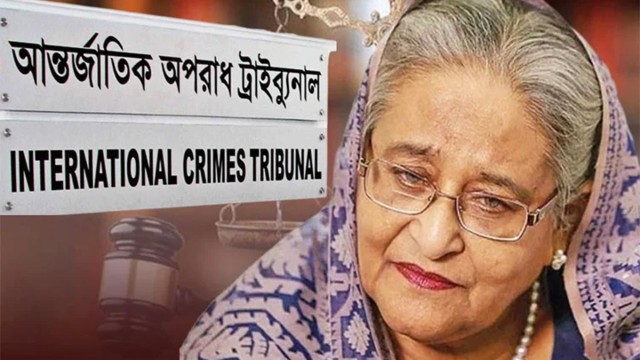
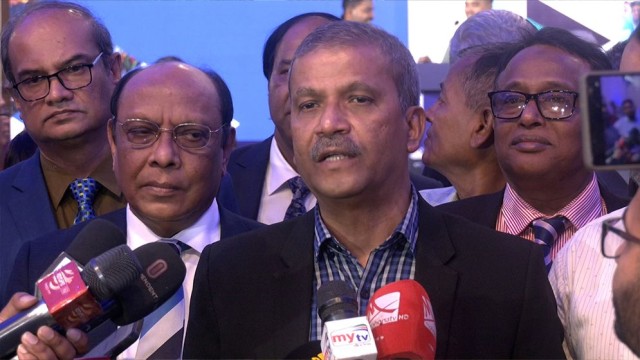
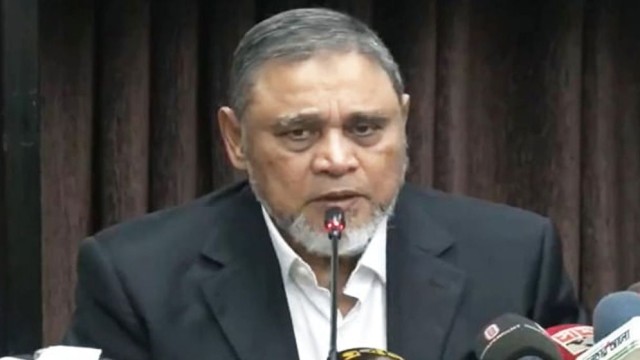
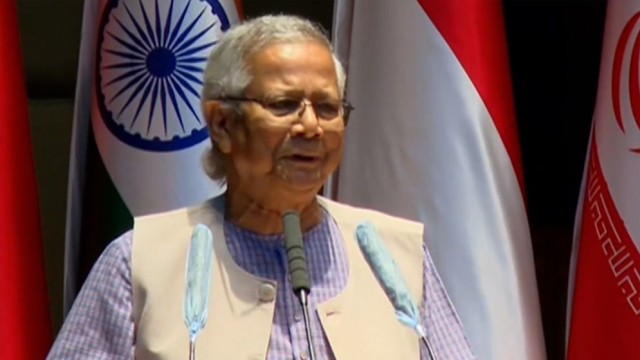
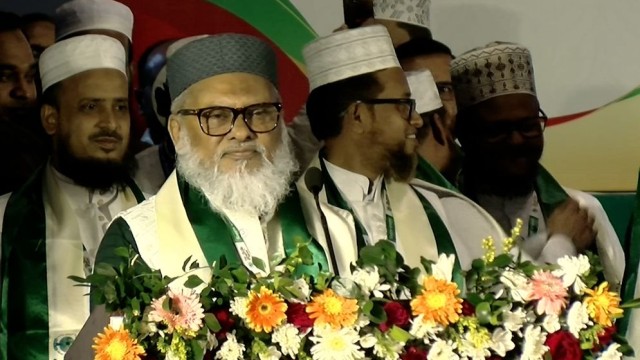
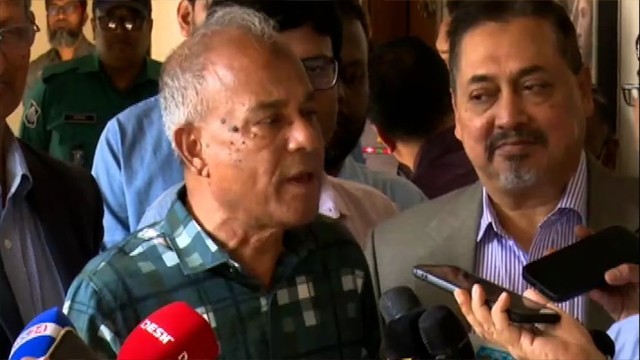
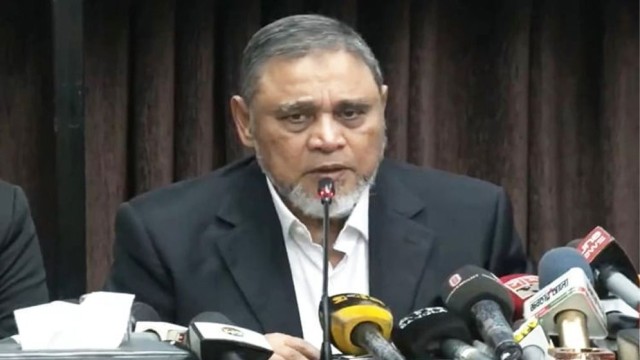
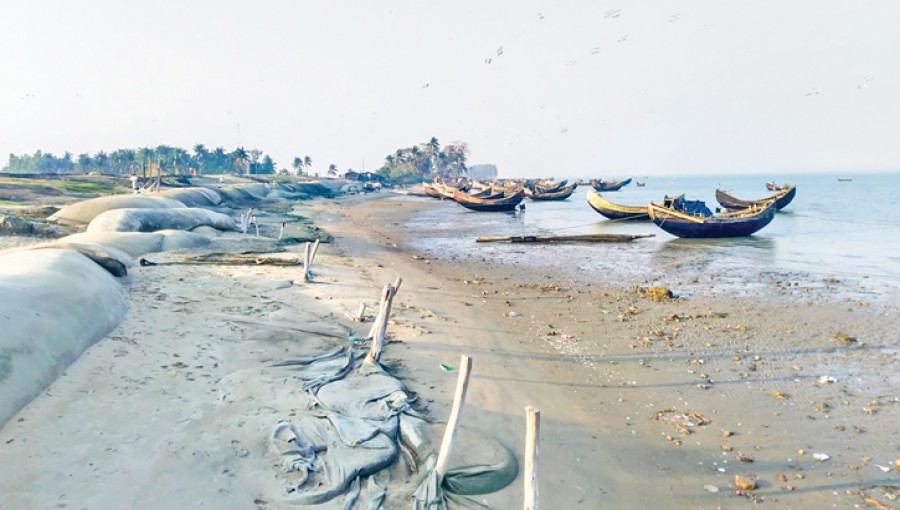
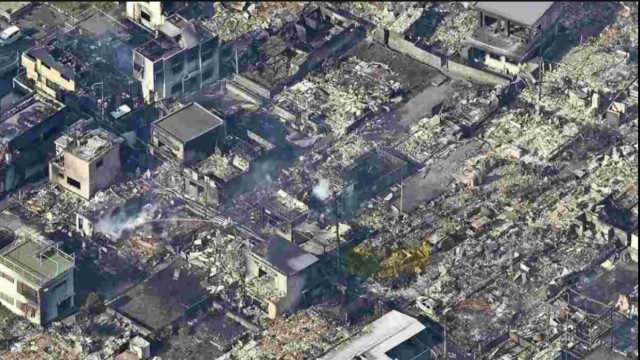
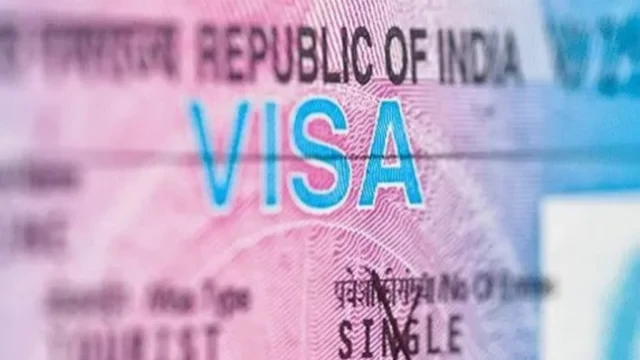
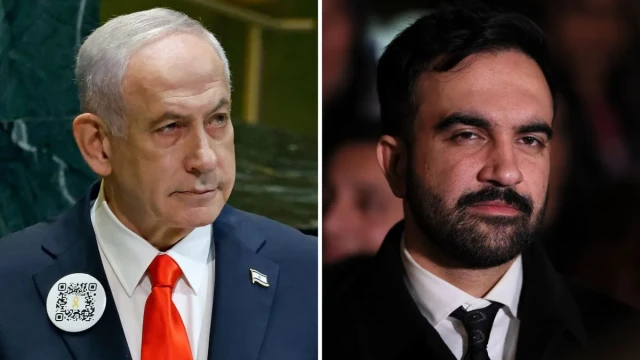

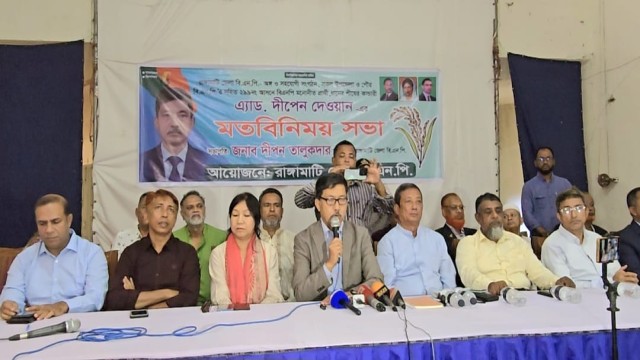
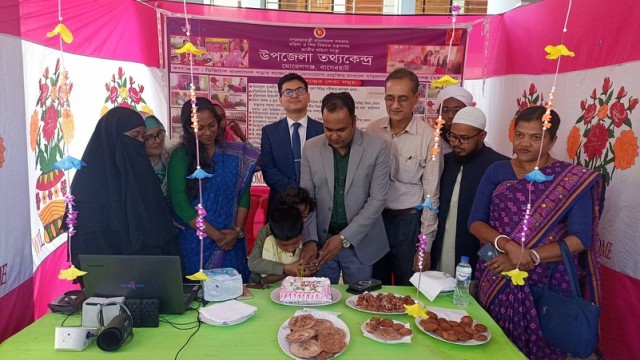
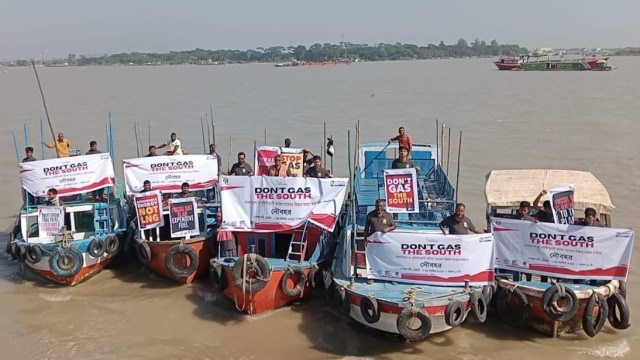
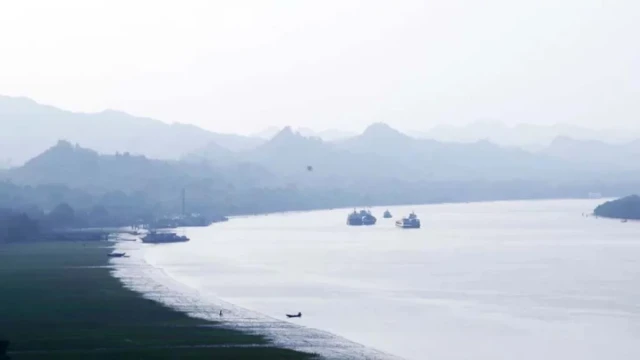

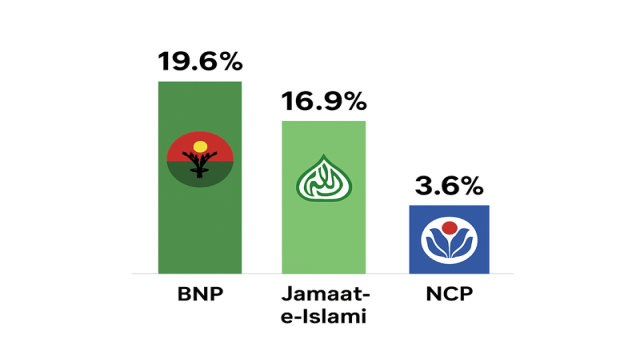
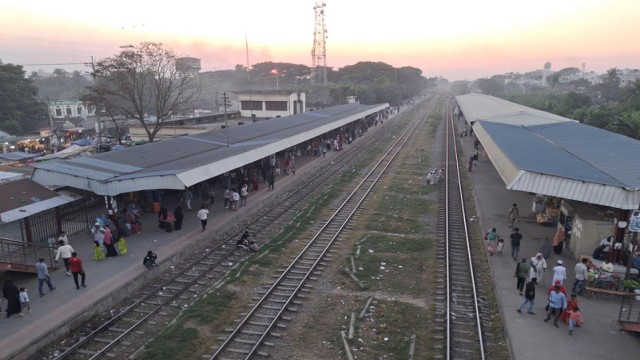
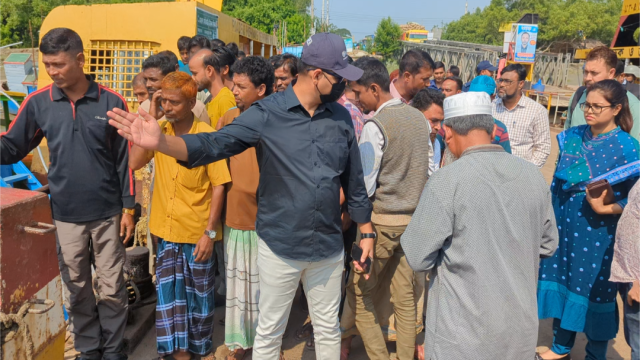
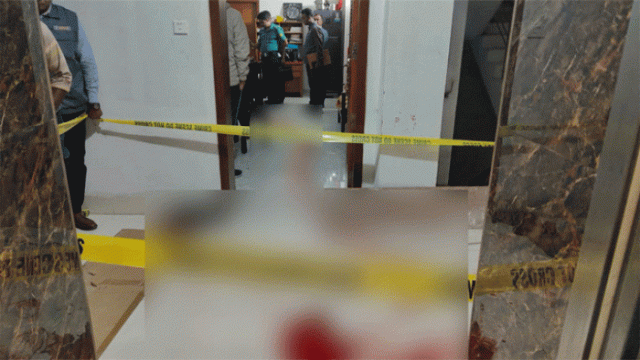
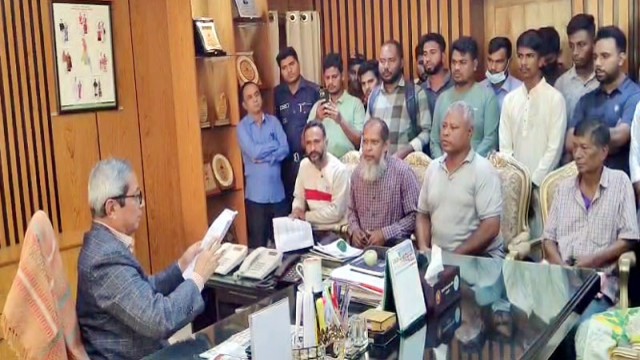
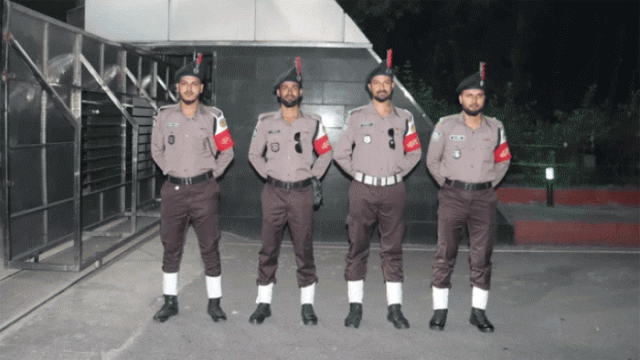
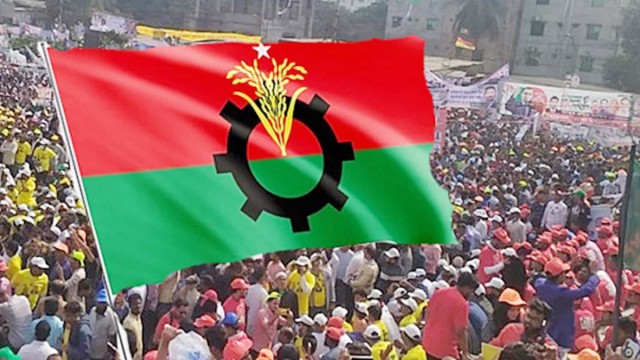
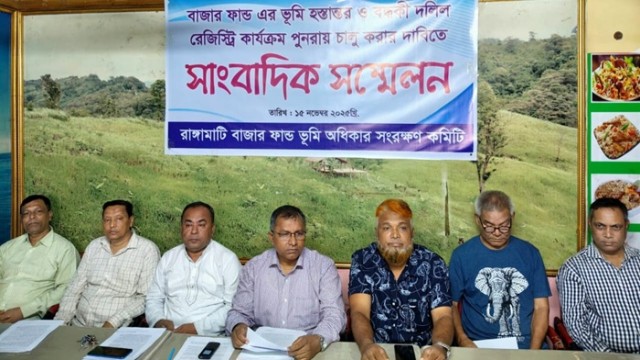
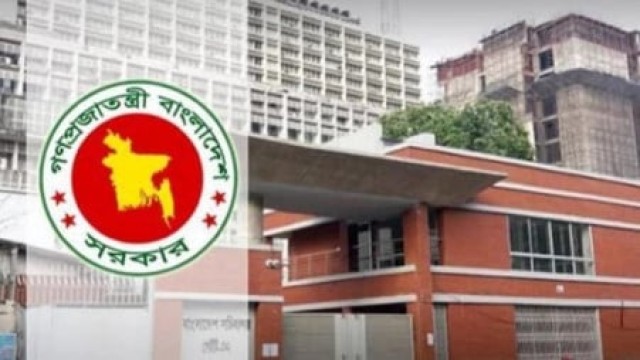
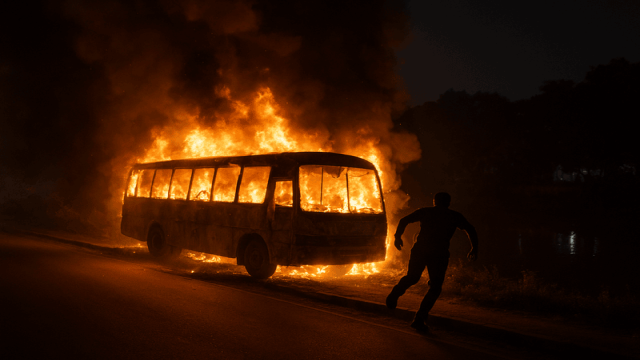
Comment: